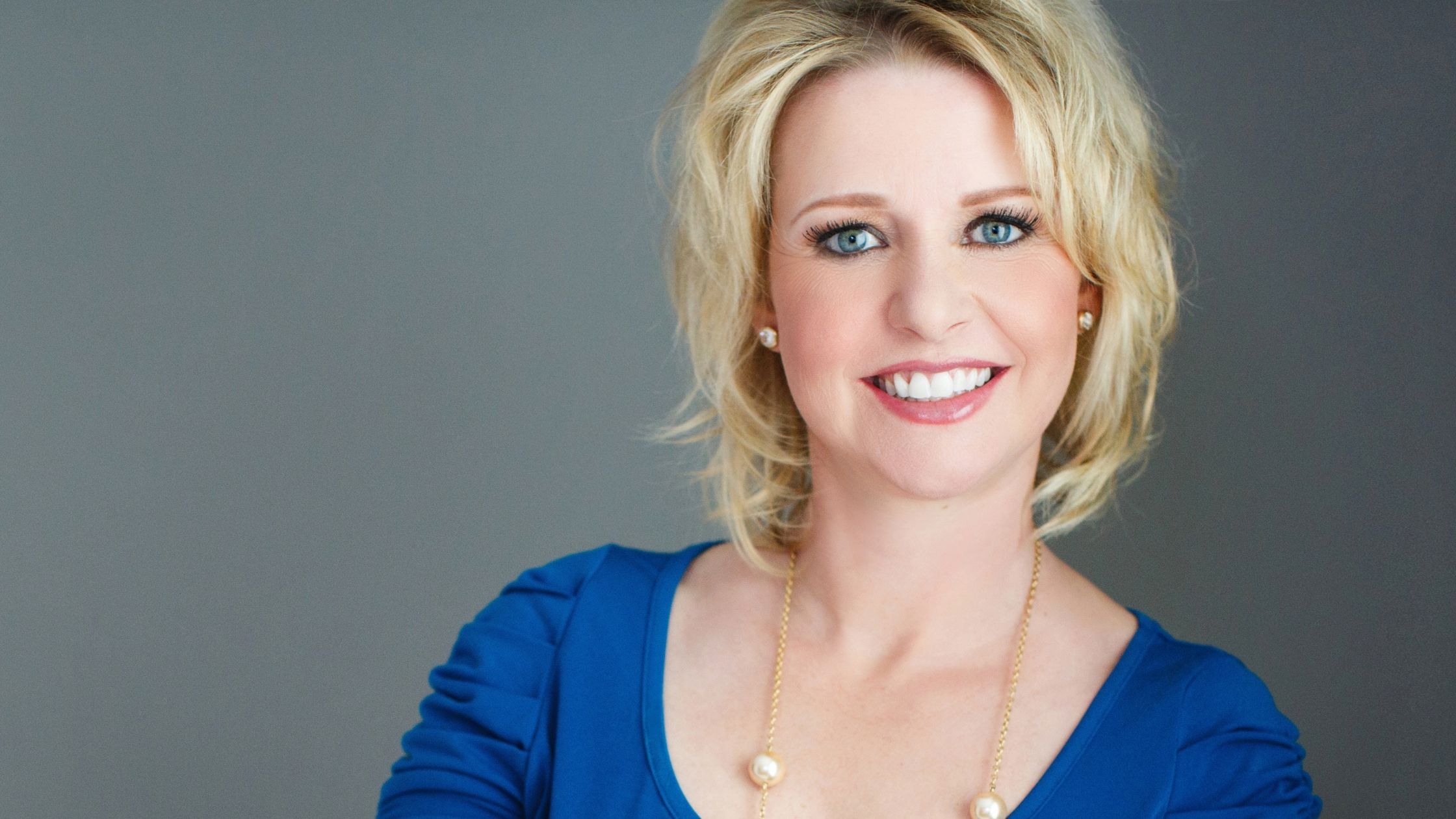Angela Kelly Robeck is well versed in teaching and school leadership, having been a teacher for over 15 years and a school principal for six years before moving into a district-level position.
She is a certified coach of The Life Coach School and completed the life coaching program from Martha Beck International, and is the founder of Angela Kelly Coaching. She specializes in helping leaders navigate the job demands to lead with confidence while also having a life outside of their jobs.
In this episode, Angela explains why it’s crucial for us as mothers to stop doing all the crap we hate and start doing the things that bring us joy. She discusses why we should create our definition of what we believe a good mom is, and not focus on the definition society has fed us. She asks the important question, “Do you want to be the mom who is modeling to her children what it looks like to enjoy being a mother? Or do you want to model motherhood that is stressful and exhausting, where you are doing things out of obligation rather than because you want to?”
What You’ll Learn From This Episode
- Why we have to stop the people-pleasing mentality.
- Why our thoughts create our emotions, which cause our results.
- How you can self-check your thoughts when we are telling ourselves lies.
- Why it’s not that you are overwhelmed—it’s that you are underwhelmed.
- Why you should stop doing the tasks that don’t make you feel good and do the ones you enjoy.
- Why, as mothers, we must begin to invest money, time, and effort into ourselves starting now!
“ As women, we should value our own opinion, equally or greater than we value the opinions of others.”
– Angela Robeck
If you enjoyed this episode and it inspired you in some way, we’d love to hear about it and know your biggest takeaway. Take a screenshot of you listening on your device, post it to your Instagram Stories and tag me @kimstrobeljoy and Angela @angelakellycoaching.
Helpful Links
Website: https://angelakellycoaching.com
Podcast: https://angelakellycoaching.com/blog/
Email: [email protected]

